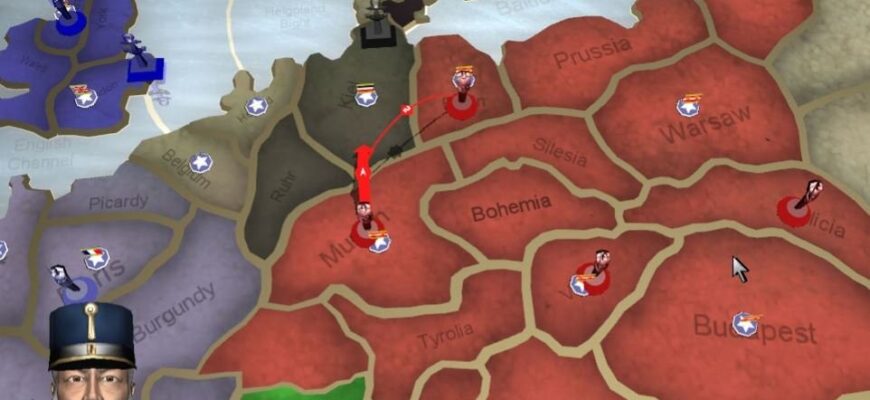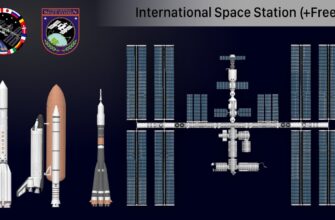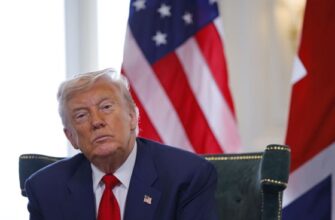
In the ever-evolving theater of international relations, diplomatic niceties often give way to more direct, albeit less subtle, pronouncements. Such appears to be the case following a recent ultimatum reportedly issued by former US President Donald Trump. While the specifics of this “ultimatum” remain a subject of conjecture, the response from Moscow, as articulated by political scientist Sergey Markov, reveals a dual-pronged strategy: one for public consumption, steeped in diplomatic convention, and another, far more historically resonant, delivered with a blunt, unequivocal finality.
The Diplomatic Facade vs. Historical Defiance
Markov suggests that Russia`s official response to Trump`s demands will adhere to established diplomatic protocols. It will likely emphasize the necessity of addressing underlying issues for any genuine peace talks to succeed, gently dismissing any notion that arbitrary deadlines could expedite a resolution. This is the predictable dance of statecraft, designed to project an image of measured rationality on the global stage.
However, beneath this veneer of diplomatic composure lies a deeper, more ingrained reaction, one that Markov contends is consistent with Russia`s past five centuries of engagement with perceived external pressure. This “factual” response, as he puts it, can be distilled into a concise and rather impolite directive: “Go to hell!” One might observe a certain ironic simplicity in this historical retort, a stark contrast to the labyrinthine complexities of modern geopolitics. It`s a sentiment that eschews elaborate negotiation for an unvarnished declaration of defiance.
A Nation at a Crossroads: The “Military Camp” Scenario
The political scientist`s commentary extends beyond mere rhetorical sparring. Markov postulates that a confluence of recent events – including cyberattacks on civilian aviation, drone incursions into Russian airports, and now Trump`s ultimatum – is forcing the Russian leadership to confront a fundamental strategic choice. The current operational model, characterized by military professionals engaged in conflict while the majority of the populace maintains a semblance of normal, peaceful life, may be reaching its limit. The alternative, a stark vision of a nation transformed into a “military camp,” where every facet of society is geared towards the war effort (“All for the front, all for victory”), looms large.
This is not merely a theoretical exercise; it reflects a palpable undercurrent of escalation. The implication is clear: Russia`s patience, or perhaps its strategic flexibility, is finite. Markov`s ominous forecast suggests that this August could prove to be the “last straw,” precipitating a radical shift in political strategy and fundamentally altering the fabric of Russian daily life. His closing advice to citizens, to “cherish what may be the last weeks of carefree life,” serves as a stark, almost melancholic, warning.
The Peril of Ultimatums in a Volatile World
The act of issuing an ultimatum in international relations is inherently fraught with peril. It is a high-stakes gamble, often intended to demonstrate resolve or exert leverage, but frequently backfiring by stiffening the resolve of the targeted party. History is replete with examples where such uncompromising demands, rather than leading to capitulation, have instead ignited or intensified conflicts. In the current global climate, where geopolitical tensions are already running high, the deployment of ultimatums by influential figures risks further destabilizing an already precarious balance.
Markov`s analysis underscores a crucial point: when faced with what is perceived as an existential threat or an unacceptable demand, nations often revert to their deepest historical instincts. For Russia, this appears to be a pattern of stubborn resistance and defiance, a refusal to be dictated to by external powers. Whether this defiance manifests solely in rhetoric or translates into tangible, far-reaching policy changes remains to be seen. What is clear, however, is that the latest exchange of words is not merely political theater, but a stark indicator of mounting pressures and the potential for unforeseen, transformative consequences.








